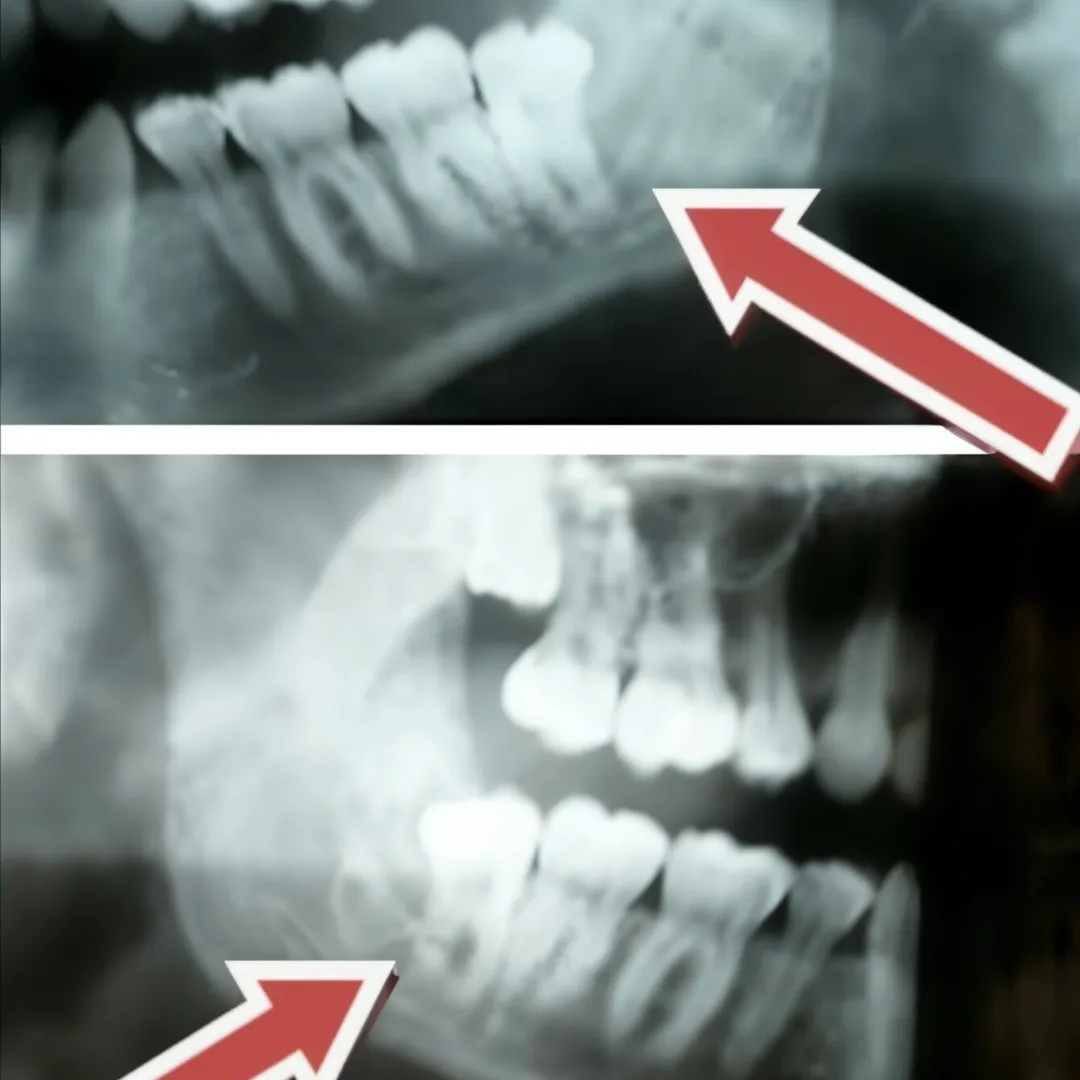Epidemiology:
- Uncommon but significant complication in dentistry.
- Most frequently linked with wisdom tooth removal, dental implant placement, local anesthesia injections, and jaw surgeries.
- Incidence varies: ~0.1–1% for temporary, <0.1% for permanent injuries.
Expected Prognosis:
- Many cases resolve spontaneously within weeks to months.
- Prognosis depends on severity—neuropraxia (mild) recovers faster; neurotmesis (severe) may be permanent.
Natural Progression:
- Initial symptoms: numbness, tingling, altered sensation, pain.
- Gradual sensory return in mild injuries; persistent deficits in severe damage.
- May require months for full or partial recovery.
Pathophysiology:
- Caused by compression, stretching, transection, or chemical irritation of sensory nerves (e.g., inferior alveolar, lingual nerve).
- Disruption of nerve conduction and possible Wallerian degeneration.
Possible Complications:
- Persistent numbness or dysesthesia.
- Neuropathic pain or burning sensation.
- Functional impairment (speech, chewing).
- Psychological distress and reduced quality of life.
Frequently Asked Questions
Can dental procedures cause nerve damage?
Yes, nerve injuries can occur during extractions, implant placement, or root canals, especially in the lower jaw.
What are the symptoms of nerve injury in the mouth?
Symptoms include numbness, tingling, burning sensations, or pain in the lips, tongue, or chin.
Is nerve damage from dental work permanent?
In most cases, nerve injuries heal over time, but severe damage may require medical intervention.
How is dental nerve damage treated?
Mild cases improve on their own, but severe cases may need medications, laser therapy, or surgery.
Can nerve damage be prevented during dental procedures?
Choosing an experienced dentist and advanced imaging techniques can minimize the risk of nerve injury.
Nerve Injury can be an adverse outcome of

Root Canal Treatment
Root canal is a treatment to repair and save a badly damaged or infected tooth instead of removing it. The term "root canal" comes from cleaning of the canals inside a tooth's root.

Dental Implants
Dental implants are a gold standard for tooth replacement, offering a durable, natural-looking and functional solution.

Dental Implant Fixing
Dental implant fixing is a highly durable and effective solution for replacing missing teeth.

Surgical Extraction
Surgical extraction is a necessary procedure for removing teeth that are impacted, decayed, or damaged beyond repair.

Wisdom Tooth Extraction
Wisdom tooth extraction is a common surgical procedure to remove problematic or impacted third molars.

